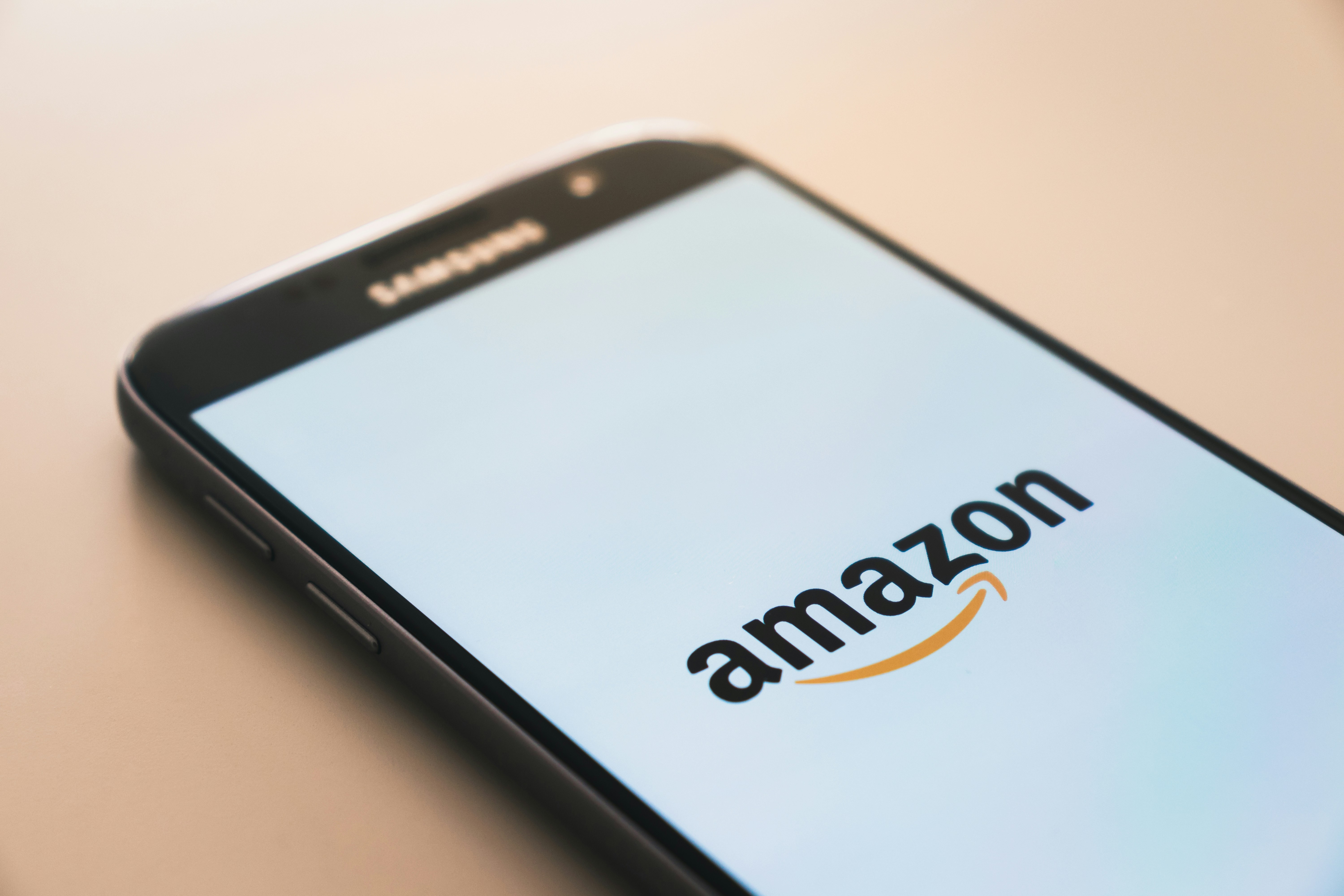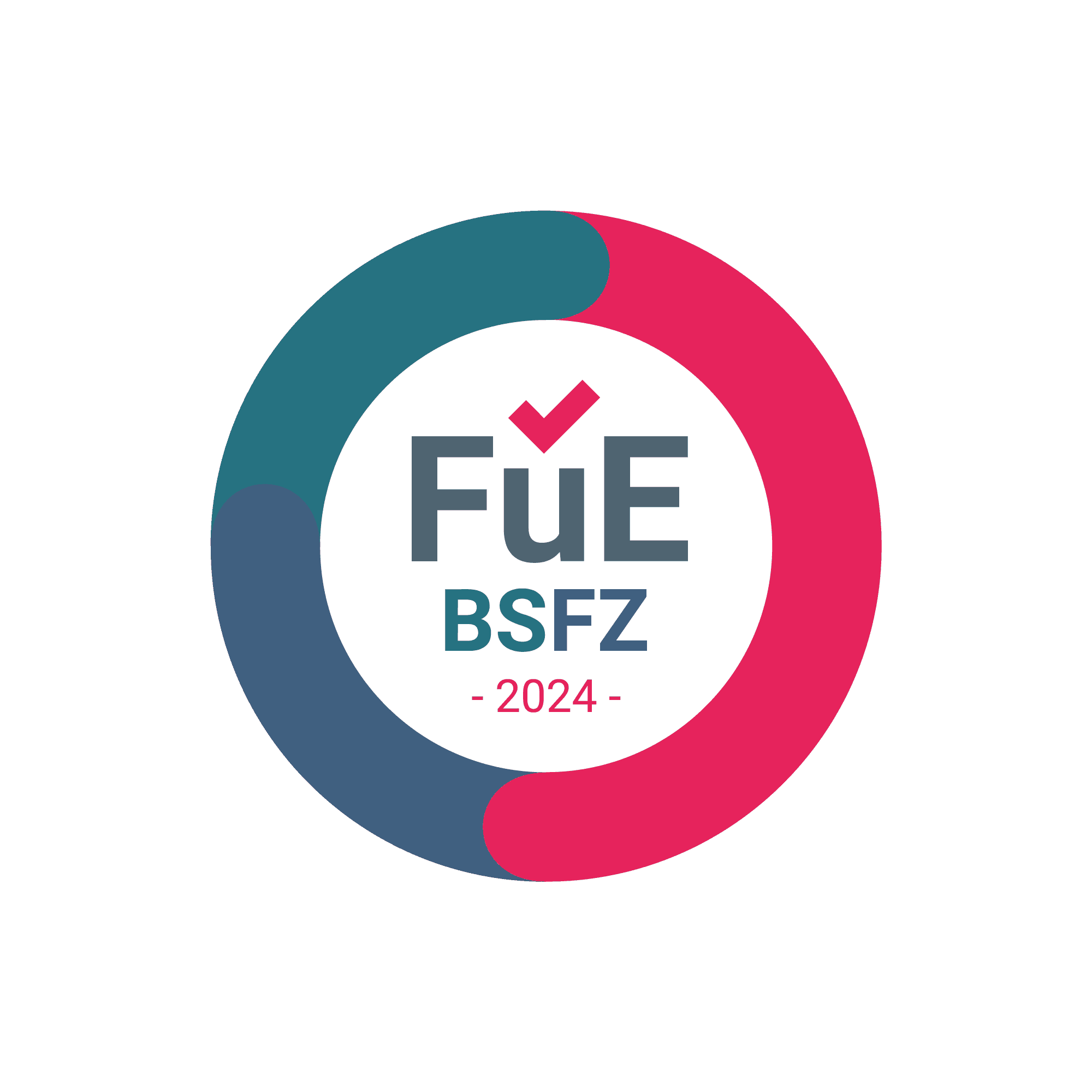FITA INSIGHTS
Interview: An In-Depth Look into Personalization Retail
By
Biki John
Jun 8, 2021
4 min read
This week, we managed to make time with busy marketing expert Mike Owen, to discuss personalization retail. Topics ranged from the importance of personalized experiences for customers, to the apparel retailers who are getting it right when it comes to putting customers at the center of the buying journey.
Fit Analytics: Why do you think personalization is considered a ‘must-have’ for online apparel retailers?
Mike Owen: Fashion has always been about self-expression. More and more millennials (accelerated by Covid) are moving online to make purchases via mobile devices in the absence of open brick-and-mortar stores. Consumers, therefore, seek personalized experiences to replace the intimate environment (that was provided by physical stores) when searching for items that match their required purchases.
Accenture reports 91% of consumers are likely to shop with stores that offer personal recommendations. According to surveys by Epsilon, 90% of consumers think personalization is appealing, whilst 80% would do business with a brand that provides personalized experiences.
Segment also reports 71% of customers are frustrated by impersonal shopping experiences.
Fit Analytics: What are some of the downsides an online store can face for having no personalization solution/tactics?
Mike Owen: In the absence of personalization, online retailers run the risk of losing opportunities and customers. Being unable to monitor preferences means that in a highly ‘fickle’ market, retailers just go out of fashion or their customers simply shop somewhere else. Retailers may also get high return rates as they are unable to provide the right personal ‘fit’ in terms of size, color, or style for the customer.
Other challenges include the inability to provide a consistent customer experience across channels. Again, the net result is to lose customer trust and loyalty if it is not done. Customers are likely to go elsewhere.
Fit Analytics: Which retailers do you think are doing personalization well and why?
Mike Owen: Those that are doing it right are putting customers at the center of the buying journey end to end and offering flexible, personal ways to pay. They close the gap between the visibility of a fashion show and the moment of purchase. The successful ones are using AI Assistance to drill down into previous customer behavior in terms of purchasing, website visitation, selection, and preference criteria to determine how best to deliver value. Preference information can be essential to determine the next fashion ideas in product production or fashion wave.
As a result, we are seeing new brands who are placing a focus on this approach.
Online retailers such as Rhone Apparel uses a tech solution to address fashion sizing to ensure the customer size, style and colors are as close as possible.
Another company that is experiencing growing revenues is Stitch Fix, which closes the gap between personalized preferences and customized manufacture and production. Companies such as Gap via a dressing room app select the closest body type in order to choose an activewear image of apparel in their body type. With an uploaded picture of themselves customers get a fair idea of how they look in clothes.
ASOS also does a great job at incorporating a size advisor – Fit Finder – powered by Fit Analytics.

Fit Analytics: Are there simple beginner steps apparel retailers can take to ease into personalization?
Mike Owen: Initially this could include tracking previous buying behavior in order to provide recommendations on what could be the next products to buy. Another way to ease into the personalization process could be to assess whether social media could be a useful tool to incorporate into the mix.
Other options include the use of new technology developments/apps to start to get information on behaviours to incorporate into the marketing mix, eg Granify, Octane AI, and Nosto.
Fit Analytics: Personalization is often cited as a differentiating factor amongst retailers. What are your thoughts on that?
Mike Owen: As customers change the way that they shop for fashion – personalization and relevance will become more and more important and indeed will continue to be a differentiating factor between retailers. Fashion customers continue to seek uniqueness so it will be those brands that not only offer a personalized experience but also a differential one (to tap into that bit of ‘uniqueness’) that will go the distance.
Fit Analytics: What do you think is the relationship between data and personalization?
Mike Owen: Data will be key in search for hyper-personalization which digs into customer behaviors, preference, and purchasing history. It also serves as the information to make the next product decisions and future revenues. Future Data collection tools will be essential to direct personalization/customization activities.
Fit Analytics: What personalization trends do you think lie ahead in the future for apparel retailers?
Mike Owen: The current trends revolve around how online retailers can provide a real ‘dressing room’ experience where customers can try on to check size and how it looks via apps. These tools will continue into the use of Virtual reality, Augmented reality, AI and we are just seeing on-demand 3D production based on customer inputs and the fulfillment of product examples from which the customer can make a choice.
Further developments in the area of technology for e.g. IoT will start to have an impact on the way apparel is being used which will therefore have a bearing on where new products will be promoted, placed, and delivered. Smart sensors will be prevalent in fabrics as a ‘wearable technology’ to provide in-depth data on personal health and other measurement opportunities.
Personalisation will also be made in the way products are promoted, delivered and purchased this will mean less cart abandonment and less rate of returns.Photo: Kai PilgerMike Owen: International Marketing Manager at Modo Marketing
Working with a mix of large technology corporates and smaller start-ups and innovators, Modo Marketing provides the strategic input and knowledge to expand themes and complex solutions through compelling content, webinars, and support for business development.
To learn more about how we can help you and support your specific needs Contact us.
































































